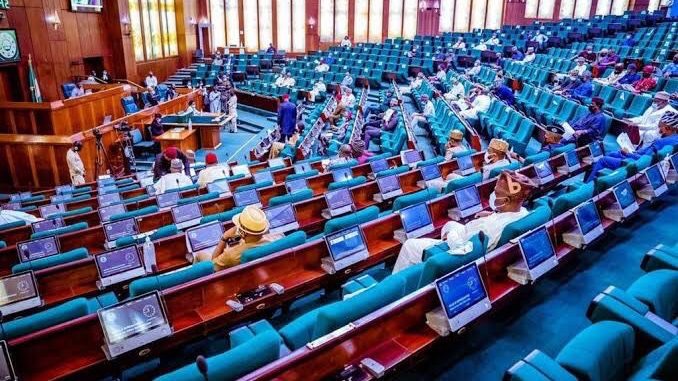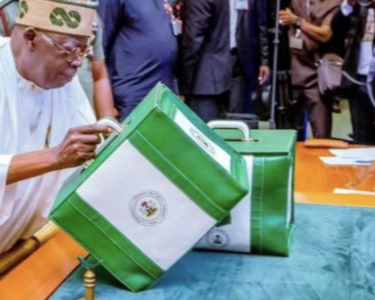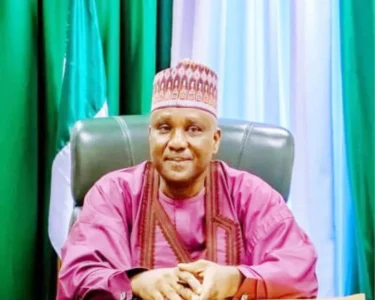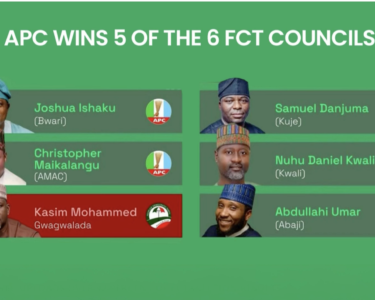Speaker Abbas insists Nigeria’s sovereignty is non-negotiable
The House of Representatives has officially notified the United States Government of its opposition to Nigeria’s recent designation as a Country of Particular Concern (CPC). The move follows the introduction of the Nigeria Religious Freedom Accountability Act of 2025 in the U.S. Congress.
During a special plenary session on Tuesday focused on national security, Speaker of the House, Rt. Hon. Abbas Tajudeen, Ph.D., GCON, announced that the parliament had transmitted its resolution to key U.S. institutions, rejecting claims that Nigeria encourages or tolerates religious persecution.
Speaker Abbas reminded lawmakers that the House had previously debated the matter and unanimously dismissed the assumptions behind the bill.
According to him, “Nigeria has never supported, promoted, or permitted violence against its citizens on religious grounds. Our position has been communicated to the U.S. Congress, the State Department, and the U.S. Commission on International Religious Freedom.”
Nigeria’s security challenges are complex, not religiously motivated
In his address, Abbas explained that Nigeria’s security issues stem from a combination of internal and external factors, not government-backed religious harassment. He noted that
communities across the country both Christian and Muslim have suffered attacks from violent extremist groups over the years.
He added that the Federal Government has spent more than 15 years investing heavily in counter-insurgency operations, combating banditry, tackling extremist violence, and responding to communal conflicts.
“Our Constitution guarantees freedom of religion,” Abbas said. “Acts of terror targeting any community Christian or Muslim are carried out by violent groups pursuing their own agenda. These actions do not reflect the policy or
practice of the Nigerian State.”
Call for balanced engagement from the U.S.
The Speaker urged the United States to approach Nigeria’s security situation with a deeper understanding, noting that a more supportive partnership especially under former President Donald Trump could strengthen cooperation on training, equipment, and accountability.
He stated that Nigeria welcomes responsible collaboration, as long as the nation’s sovereignty remains fully respected.
“Constructive engagement, grounded in mutual trust, benefits both countries,” he said. “Our sovereignty is not negotiable, but we are always
open to genuine partnerships that address shared security threats.”
Building on past cooperation
Abbas referenced the recent meeting between Nigeria’s National Security Adviser, Malam Nuhu Ribadu, and the U.S. Secretary of War, Pete Hegseth, stating that Nigeria is ready to expand collaboration in intelligence sharing, counter-terrorism training, surveillance technology, and efforts to dismantle financial networks that support extremist groups.
He also highlighted previous U.S. support, recalling that during Trump’s presidency from 2017 to 2021, his administration approved the sale of A-29 Super Tucano aircraft to Nigeria equipment that significantly enhanced the country’s counter-terrorism operations.
“That decision saved lives and improved our operational capacity,” Abbas noted. “His renewed interest in Nigeria today signals an opportunity to deepen security cooperation that reflects our realities and is based on mutual respect.”




